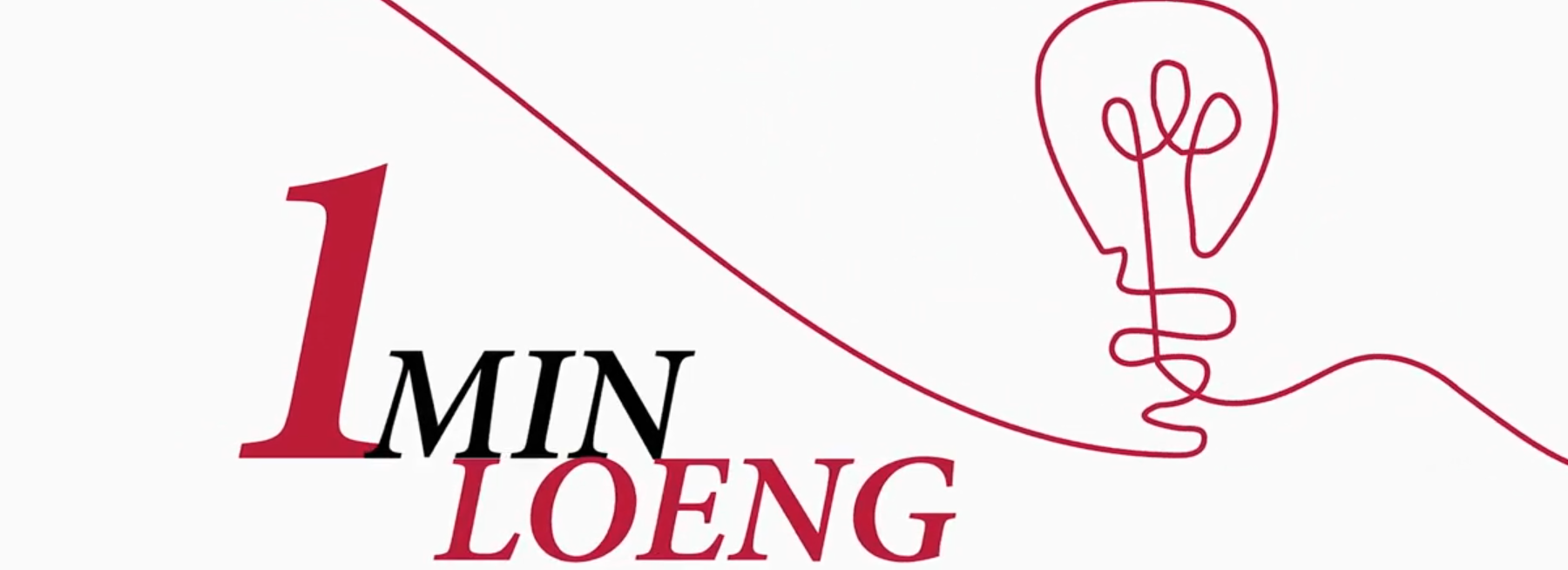One-minute lecture: What is clientelism?
Elections are often called the celebration of democracy. But how should we cast our vote so that it also supports the health of democracy? Tallinn University Professor of Comparative Politics, Mari-Liis Jakobson, explains.

According to the idea of representative democracy, in elections we should make decisions based on our political views or the interests of a group. For example, do I care more about children’s extracurricular activities, pensioners, a social center, or perhaps local health trails? But alongside this, there are also more problematic practices. For instance, a situation where a candidate gives money to a voter in exchange for their vote — something that, by the way, is prohibited and punishable by law in Estonia.
Or when party activists transport supporters to polling stations using a local government bus. Or when an employee of a local government is obliged to run as a candidate or to campaign for the ruling party — and if they refuse, a more compliant person is simply appointed to that position.
Such examples are called clientelism — a practice where the voter prioritizes their narrow personal interest over the broader public interest. The problem with clientelism lies above all in the fact that if such practices become acceptable in society, political parties lose the motivation to think about the wider public good.
My recommendation is to make your choice primarily on the basis of what you believe will benefit your local community more broadly. Of course, you can still accept a pen or a reflector from a party — that is not vote buying, but simply part of campaigning, a way for the candidate to be more memorable. But the actual decision should depend on what, in your view, best helps move life forward in your community.